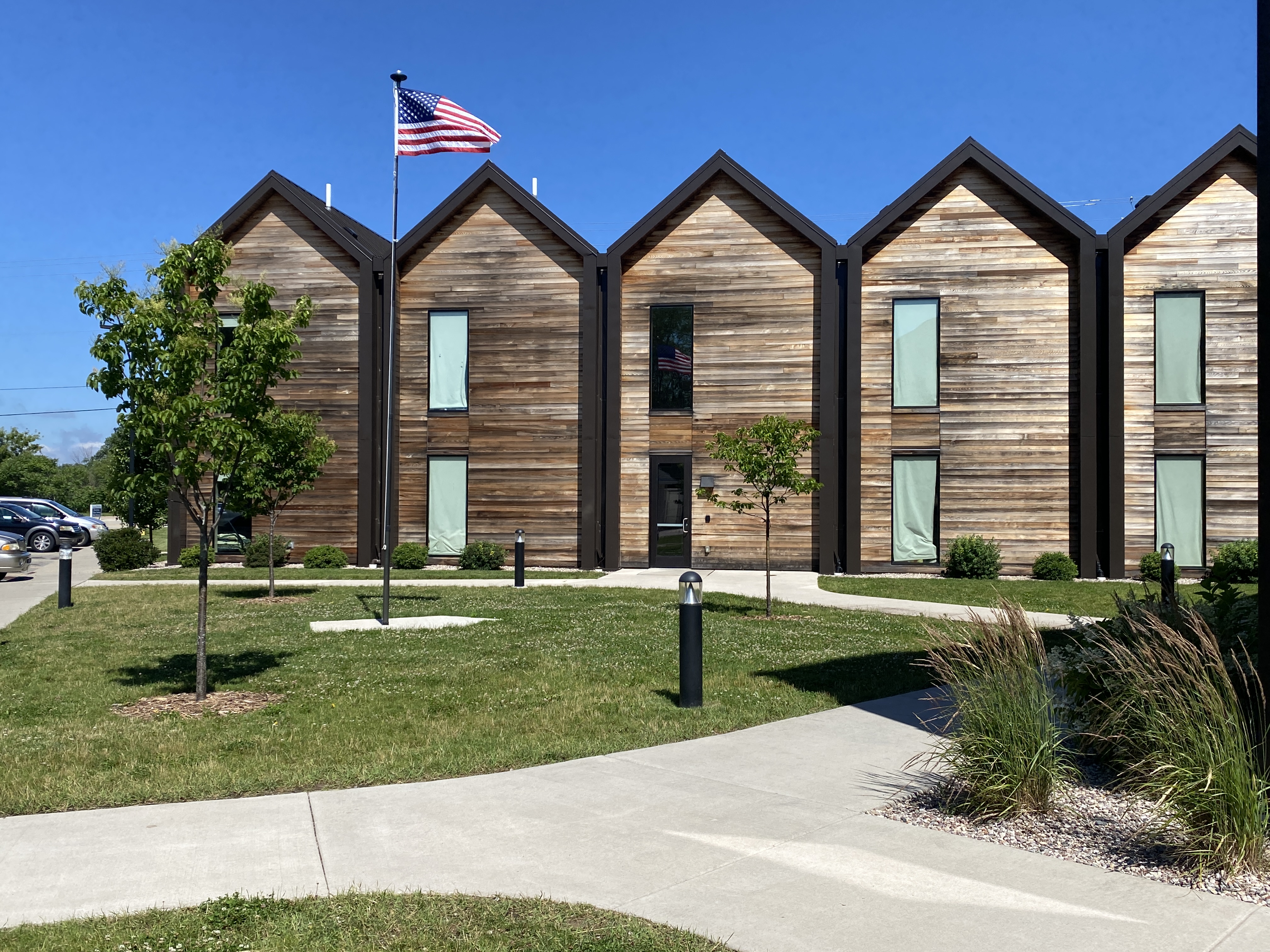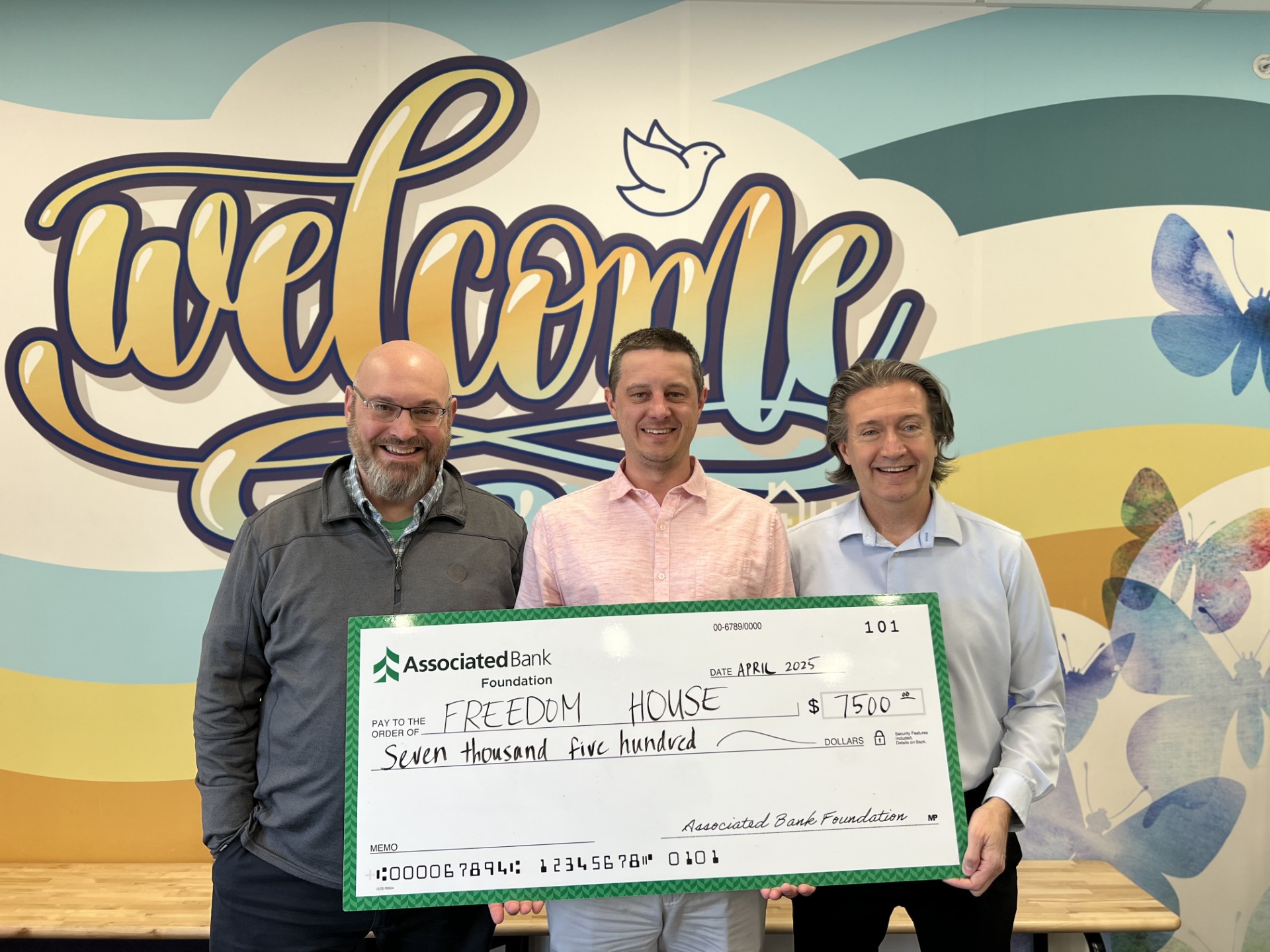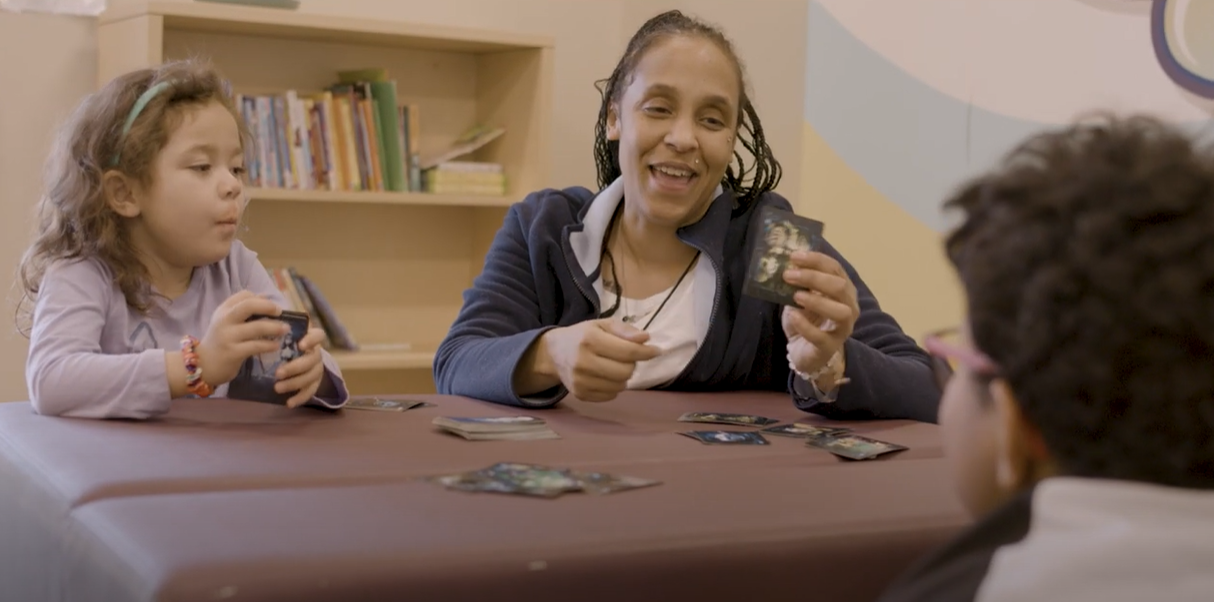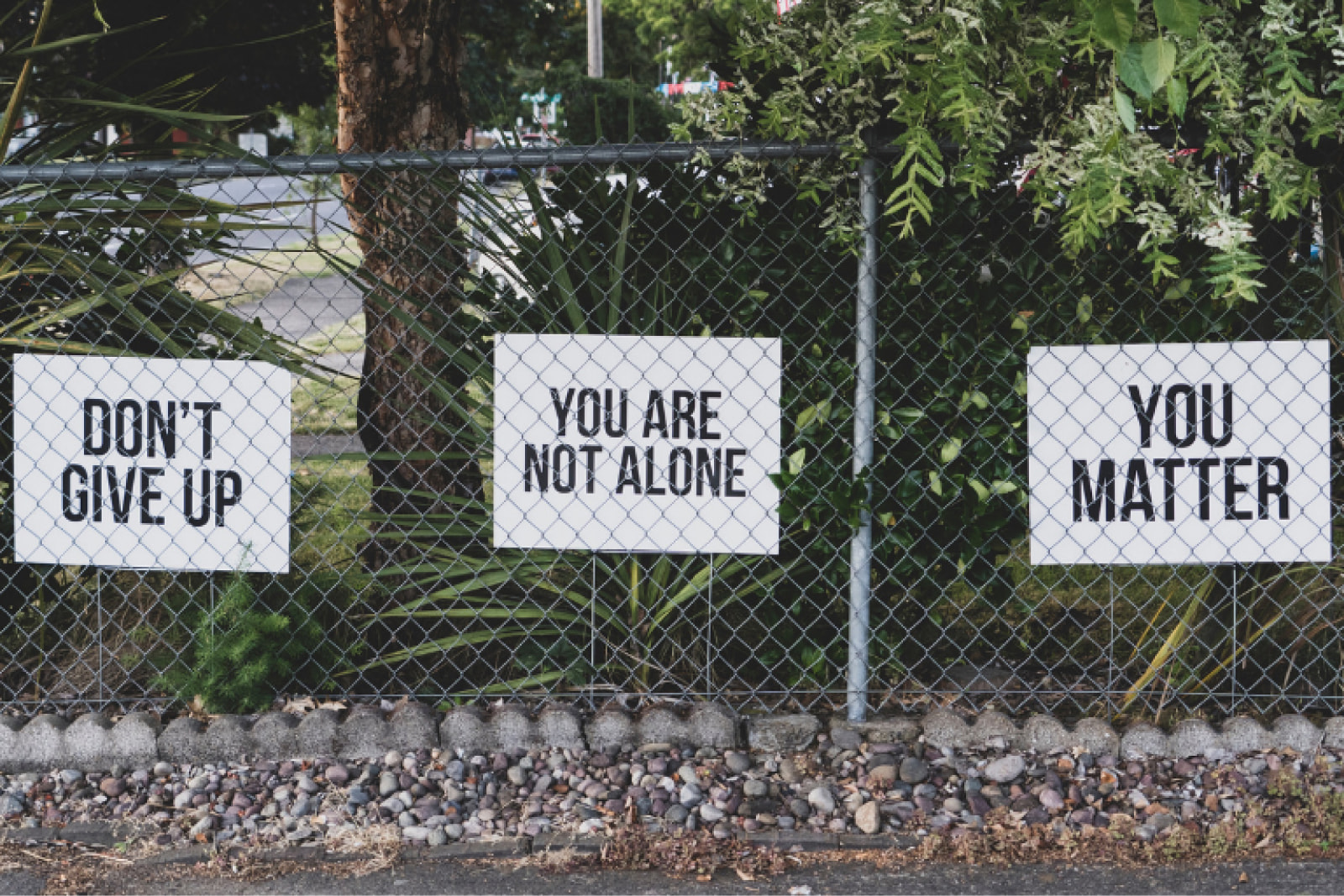
In This Article
Written by Success Coach Courtney Mabie
As we observe Suicide Prevention Month, it’s crucial to shine a spotlight on a particularly vulnerable group: individuals experiencing homelessness. In the United States, the suicide rates among this population are alarmingly high, with estimates suggesting that between 13% and 28% of deaths among those experiencing homelessness are due to suicide. This staggering statistic highlights the urgent need for targeted interventions and compassionate support.
The high suicide rates among those experiencing homelessness are deeply linked to feelings of shame, stigma, and lack of hope. Many individuals grapple with a profound sense of failure, believing they have let down themselves, their children, their families, and society. This internalized shame is often compounded by external judgments from those who may not fully understand the complexities of homelessness. Common misconceptions—such as the belief that people can simply “get a job,” “stop drinking or using drugs,” or “make better choices”—ignore the systemic barriers and personal struggles faced by those without stable housing.
The impact of these challenges extends beyond adults and children living in family shelters. For young people, witnessing the struggles and despair of their parents or caregivers can be profoundly distressing. The emotional toll can manifest in their own mental health, as they may feel helpless, anxious, or guilty about their family’s situation. They may also internalize the stigma surrounding homelessness, which can affect their self-esteem and sense of security. The fear of what the future holds or the confusion about their current circumstances can exacerbate their feelings of despair.
The stigma of homelessness is not limited to societal misconceptions. It also affects the children living in these environments. Young people may feel a pervasive sense of shame, which can lead to increased isolation and mental health challenges. The stigma can prevent them from seeking help, contributing to their deteriorating mental health and potentially leading to long-term psychological effects.
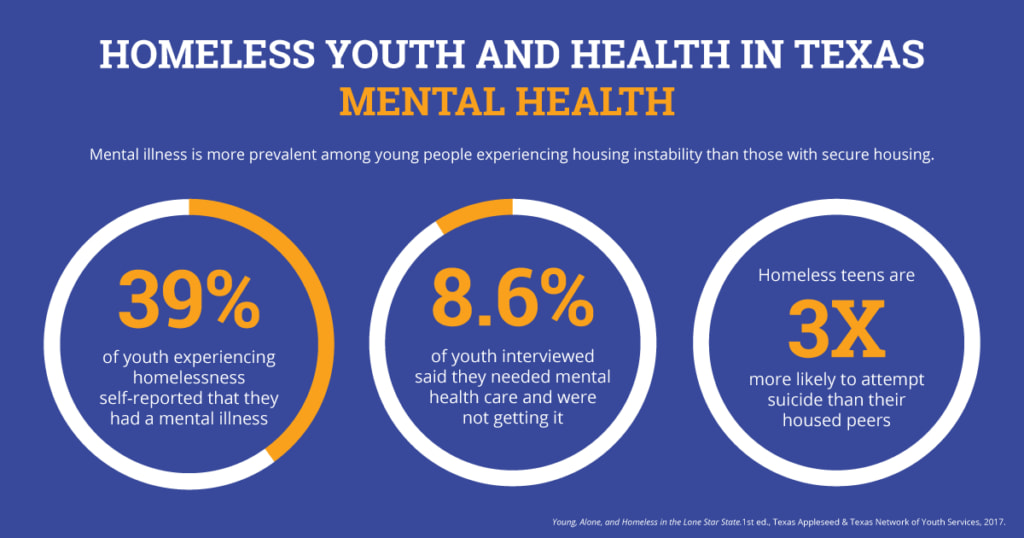
Data as of 2017 and sourced from after8toeducate.com.
Moreover, obtaining and maintaining mental health support is particularly challenging for families experiencing homelessness. The barriers are significant: Overscheduled providers, transient living conditions, and limited access to transportation making it exceedingly difficult for parents and their children to attend therapy sessions or follow through with treatment plans. Our fragmented healthcare system leaves many without the consistent support they need, exacerbating their mental health struggles and increasing the risk of suicidal ideation.
To address these circumstances and reduce the suicide rates among individuals experiencing homelessness, including the impact on children, we must focus on demonstrating love and support. Treating individuals with inherent dignity and worth, and acknowledging the emotional needs of children, can help alleviate some of the burdens they carry. Simple acts of kindness and understanding can make a significant difference in their lives. It’s essential to approach those facing homelessness with empathy rather than criticism. Instead of judging their choices or circumstances, we should offer practical assistance and a non-judgmental listening ear.
Organizations like Freedom House play a vital role in this effort. We provide access to tangible, practical resources such as mental health services, financial wellness programs, career navigation, and stable housing solutions. For families staying at the House, this support is crucial in rebuilding their lives and regaining independence. The well-being of children is a central focus, as stable housing and comprehensive support help mitigate the emotional impact of homelessness and suicide risk.
Volunteers, staff and community partners at Freedom House embody the principles of selfless service and compassion, offering a supportive environment where families, including children, can find solace and begin the path toward recovery and stability. Donors who contribute financially to Freedom House help fund essential services, including meals, room supplies, case management, and mental health services. These resources are crucial for helping families achieve self-sufficiency and supporting the mental health of both adults and children.
As we commemorate Suicide Prevention Month, let’s remember the importance of addressing the mental health crisis among those experiencing homelessness, with a special focus on the children affected. By showing love, offering support, and providing necessary resources, we can work towards reducing suicide rates and helping individuals and their families find hope and reclaim their place in society. Through collective empathy and action, we can make a meaningful difference in the lives of those facing homelessness.
